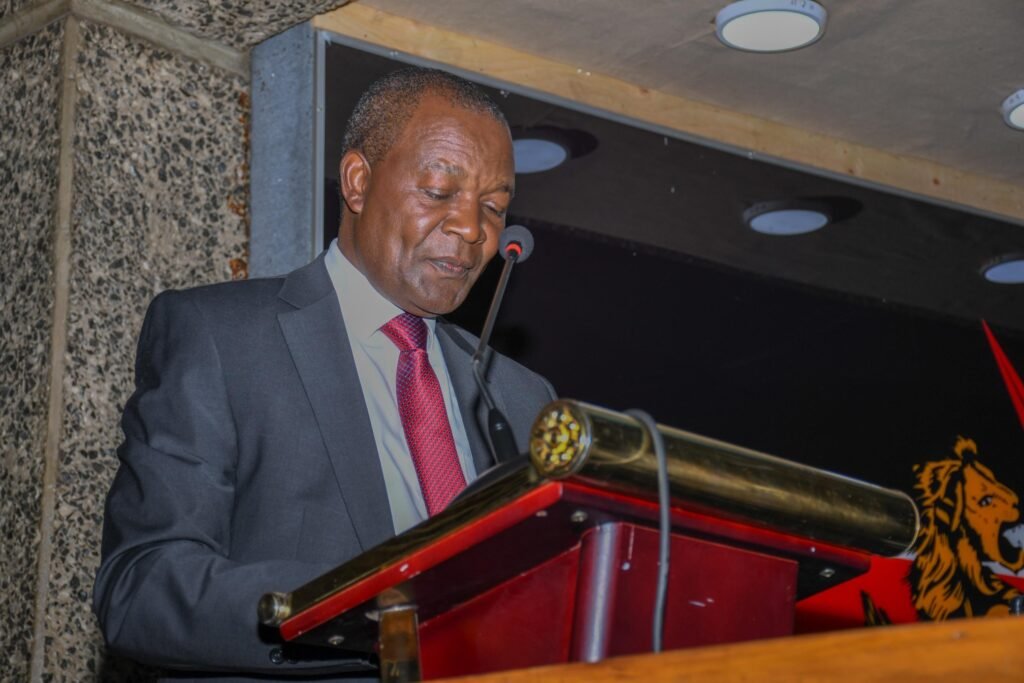Kenya’s balance of trade continued on a negative trajectory in 2023 with the 2024 Economic Survey Report showing that the country imported goods worth Sh2.6 trillion but only exported goods worth Sh1.0 trillion.
Whereas exports showed a robust growth of 15.4 per cent compared to 2022, it was still weighed down by a 4.9 per cent increase in the value of imports. The only saving grace was that the balance of trade narrowed from a deficit of Sh1.62 trillion in 2022 to Sh1.60 trillion last year.
During the same period, the export-import cover — which ranges between three and four months of import cover — improved from 35.1 per cent in 2022 to 38.6 per cent last year.
Kenya import dollars have largely been spent on petroleum products, which still consume a large portion of the money the country spends on imports (at Sh606.0 billion). This was followed by industrial machinery (Sh289 billion), animal and vegetable oil and fats (Sh139.1 billion), iron and steel (Sh120.8 billion) with unmilled wheat finishing the list of top five imports (Sh93.8 billion).
On the other hand, tea remained the biggest export, accounting for Sh188 billion, followed by horticulture (Sh187.4 billion), apparel and clothing (Sh45 billion), coffee at Sh34.6 billion and iron and steel finishing the top five exports at Sh32.3 billion. That, however, means that all the top five exports combined are not enough to pay for the country’s fuel import needs.
In terms of trade partners, China remained Kenya’s dominant partner in 2023 accounting for Sh459 billion in trade deals. The United Arab Emirates, which has been increasing its footprint in Kenya with both oil and non-oil business deals, came a close second with goods worth Sh411.5 billion moving between the two nations.
India was a distant third. On the overall, Kenya spent more on importing goods from these countries than it sold, meaning that the balance of trade was in favour of its partners.
Tables turned closer home with Kenya doing business with Uganda valued at Sh126.3 billion and Tanzania (Sh69.3 billion). In both instances, the balance of trade was in favour of Kenya.
Not surprisingly, Pakistan, which buys the bulk of tea from Kenya and the Netherlands — the main market for Kenya’s cut flowers — also bought more from Kenya than Nairobi bought from them.
However, the volumes of the four countries were much lower compared to their counterparts that enjoyed better balance of trade. Both China and UAE have, in the recent past, been challenging businesses in Kenya to export more to their markets in a race to redress existing trade imbalances.



